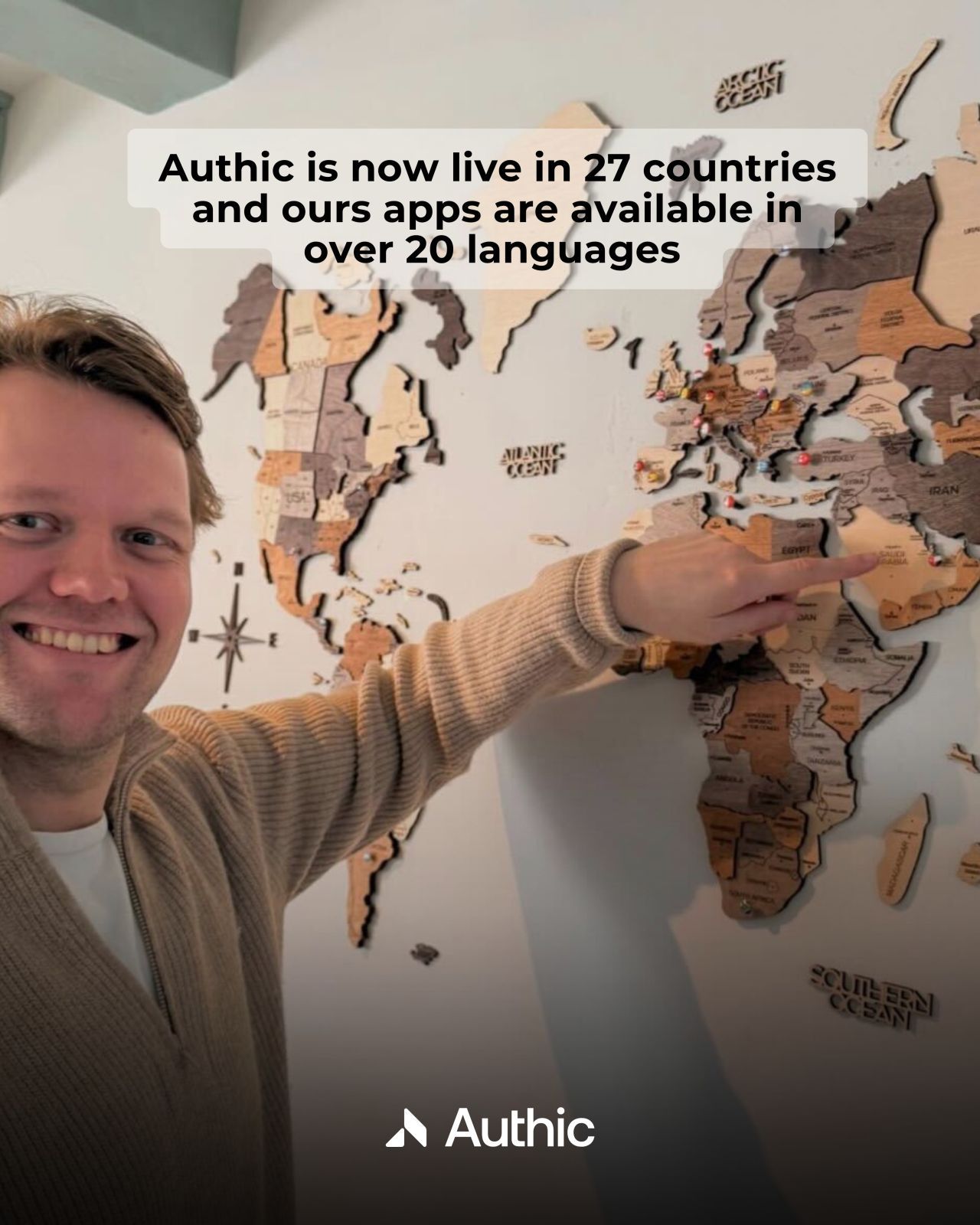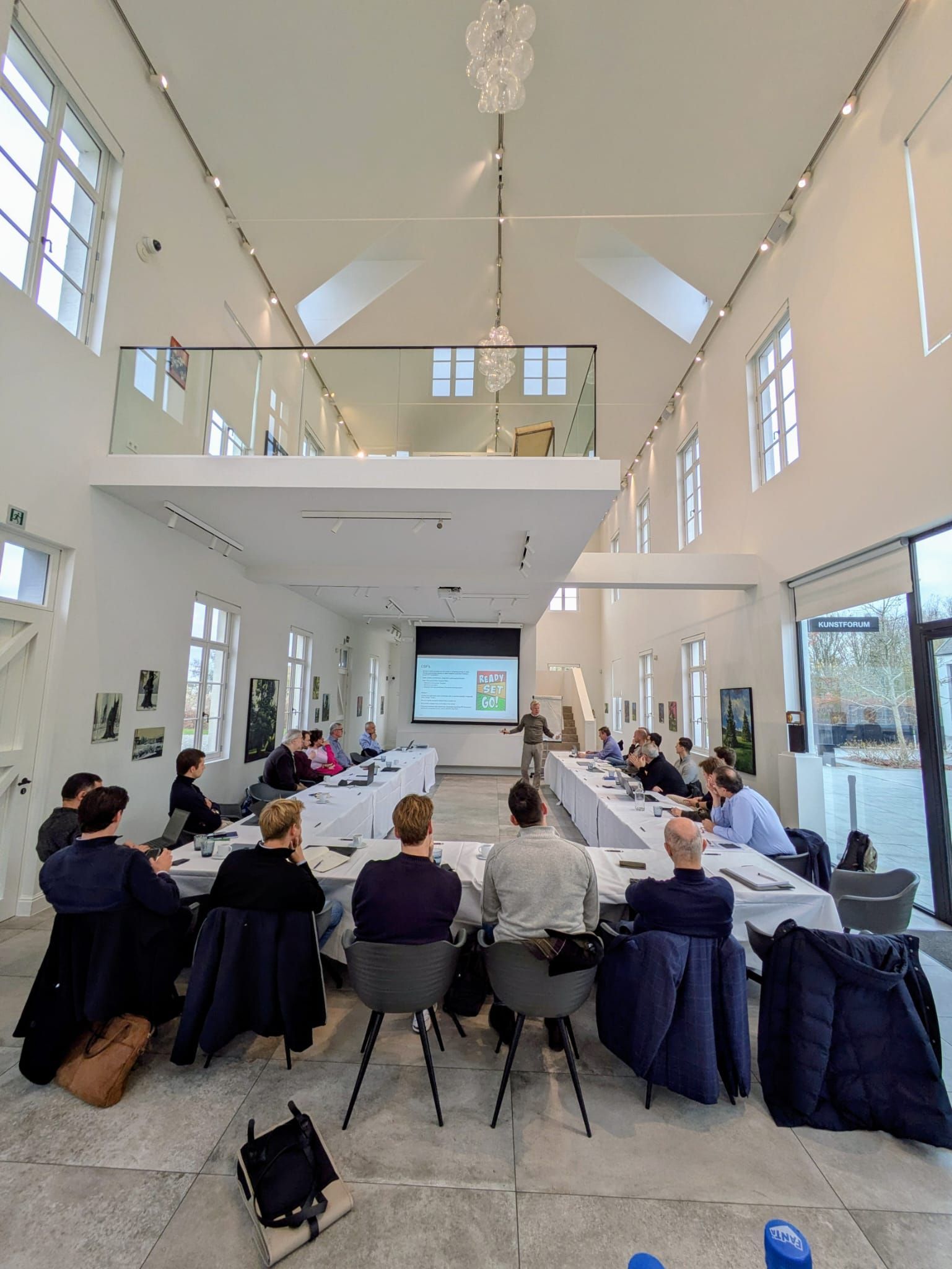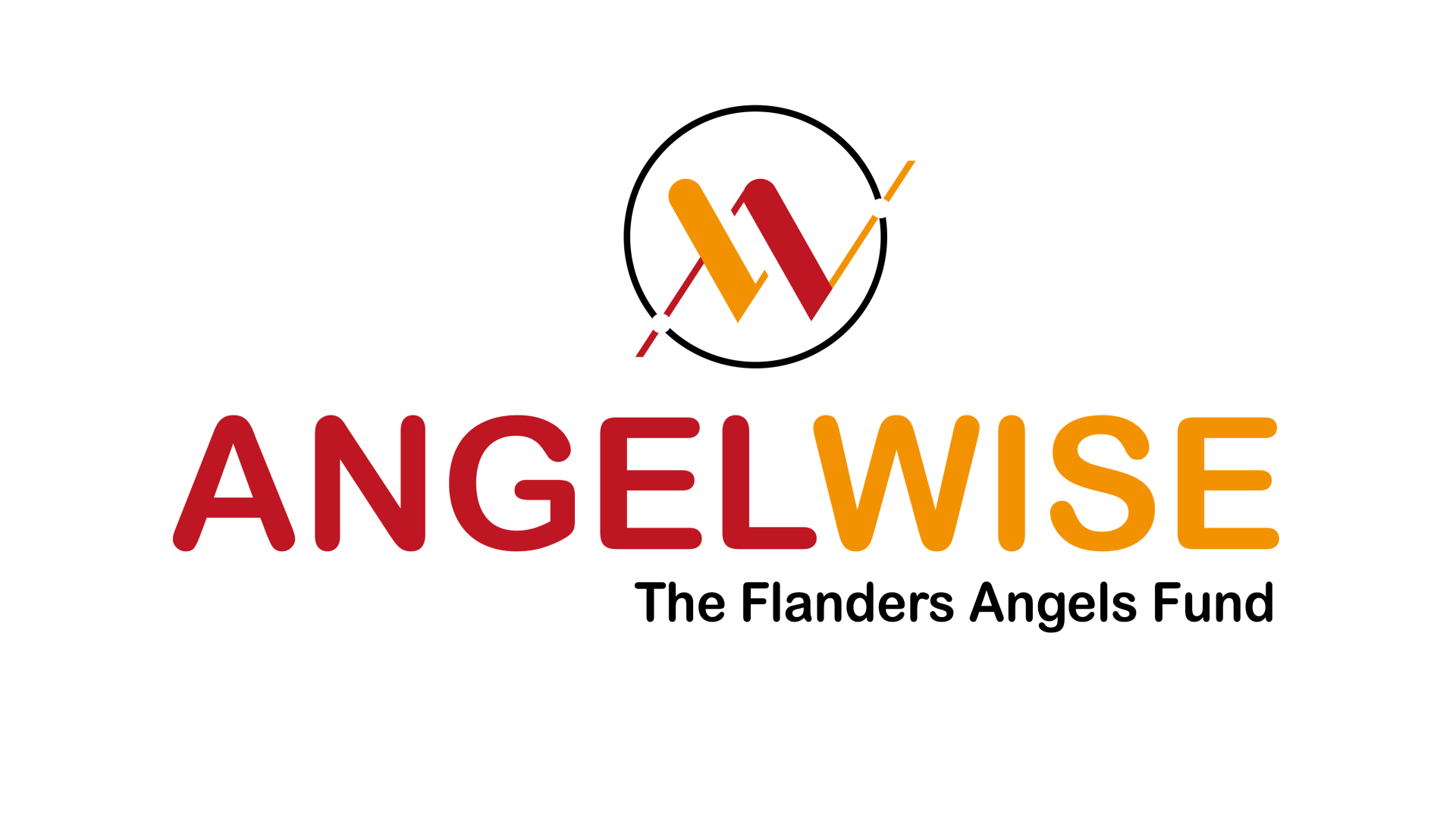First-time fundraising from VC Funds
By: Jan Vorstermans and Stefan Vandenbussche
For a startup founder it is not always easy to understand the behaviour of VC investors. This Insight Article is aimed at founders who plan to start fundraising from VC funds for a first time and aims to provide some guidelines that will help you navigate the muddy waters of finding the right VC investor.
Fundraising trigger. The best way to fund your company is with money from your customers. If you need more money and time to establish the proof points for your business, you will most likely have to turn to friends and family, grants, business angels, loans, etc. Once you have the proof points established, you might need VC money to help your startup grow faster. Do not raise money if it does not accelerate your business. If you try to raise money before you have a convincing proposal, you will waste your time, and your reputation.
Be in fundraising mode or not. If you decided to raise funds, appoint one founder to take the lead. There is enough time later to get the other founders and key people involved when you get a positive response from an investor. Fundraising is a big distraction from growing your company, you cannot afford this distraction for long. So, when you decide to start fundraising, give it your full attention, and decide upfront on the KPI’s to stop the process. Get it done, so you can go back to what matters the most, building your business.
Make your plans. Most investors will ask for your plan, and how much you will need to implement it. But you do not know if there will be a match between your estimated financing need and what you will be able to raise. It is perfectly acceptable to have multiple plans, which depends on how much money you will raise. Just be open and transparent about it, talk about what you will achieve depending on the level of investments. You will also be in a stronger position if your plans include one that can make it to cash flow break-even without financing.
Make your plans as realistic as possible, make sure you are honest to yourself as well, don’t under- or overestimate costs and revenue, keep it realistic. Build your plan up year over year for a period of 3 to maximum 5 years, and link the assumptions and drivers to the outcomes. A VC will want to see how your insights translate to your plan.
Research the investor landscape. Make sure you know the VC landscape, who is investing in what type of startups. Make sure you research the VCs you want to approach, how they operate and the people you get a meeting with. If you are seen as an experienced founder, with successful exits in the past, you can probably dictate terms. But if not (and you are part of the large majority of founders), the best way to pitch your startup is simply tell investors what you are up to. Ask your connections for an introduction to investors, a recommendation always helps.
Manage your VC interactions. In the VC world, networking and getting to know each other is of high importance. An introductory call should be seen as a first touchpoint, to see if there could be a fit in the (near) future, don’t expect an offer after a first contact. Make sure that you ask the VC what is important to their fund ( (e.g. growth rate, EBITDA positive or not, minimum revenue, …) and agree on the timing for the next check in. Make a brief note of every interaction, so you are not lost if the VC takes a bit of time, or replaces the contact person during the process.
Know your facts and figures. When talking to investors, make sure you know the data about your company, your market, your customers, your traction, and the competition. It is likely that the investor you are talking to has already seen startups in your space and will have some analysis on the market. Not knowing major data points is a sure thing to scare investors away.
Make a clear pitch deck. You have only one chance to make a good impression. Translate your story in a clear pitch deck, it will make first meetings so much easier. The first meeting is not to convince the investor to invest, it is aimed at getting them interested in your company. Do not put up too much detail, there is plenty of time for that later, when you have gauged the interest of the investor.
Have the right mindset. Fundraising is like selling, you will get a lot of rejections. The key is to stay positive and professional during the process. Do not behave as an experienced founder if you are not, as this will come over as very arrogant. Be open and honest, also on your own strong and weak points.
Take feedback and move on. Investors are unlikely to decide on the spot, so it is important that you ask them what their decision process is, and whether you can help them get to a decision with additional information. Try to get as much feedback as you can and judge what you will take onboard. Adapt to feedback from every meeting and consider pausing fundraising to re-evaluate and incorporate necessary changes. When an investor declines to fund you in this round, do not forget that they might be back in the next round if you do well. So, accept rejection with grace, and ask where you can do better, learn from their insights into your company, product, market and/or growth plan.
Do not optimize for valuation. Many founders think that valuation is the most important parameter in the fundraising process. It is not, the most important thing is to find the right amount of investment to help your startup over the next hurdle, with the right investors that can help you in this round and ideally also in the next one. Of course, valuation matters, but mostly in terms of what share percentages the founders will have after the first investment round(s). Make sure that you as founder(s) & other early investors, are aligned on the dilution you want to take for this round. Understand that there are many ways to crack this nut and come to a win-win situation with your investors. And beware if you get a too high valuation too early, it can set an impossible target for a next round.
Get commitments. You should treat investors as not committed until they say yes unequivocally, preferably in the form of a (signed) term sheet. This can be cumbersome but has the advantage that all parties have a mutual understanding, not only of the valuation and investment size, but also of the most important terms and conditions. Having a term sheet from one (leading) party also helps in completing your round, as this can be seen as a key factor for some investors to decide if they want to participate in this round (if the lead investor agrees on adding more investors in the round).
Close the deal. The success of a deal cannot be guaranteed until the money is in the bank, and founders should not rely solely on soft commitments or term sheets, which are often not binding. Even in the best deal, surprises can pop-up quickly: a major company launches a solution that competes with yours, your co-founder might quit, the market can suddenly change, etc. So, once you have the commitments, close as quickly as you can, and get the money in your account.
Post-closing. Make sure you continue to involve your investors, as coach or mentor, market expert, for commercial introductions, or for whatever helps the business. This is where your investors show their real worth, other than in providing financing. Make sure you keep them up to date, and not only on the good things. They will have experience in a lot of companies, so they will not panic when you update them on more negative topics. On the contrary, they might even help you to not stress too much when something is not going as planned, due to their experience.
What about bootstrapping. Do not forget that there are non-dilutive ways to fund your business (e.g. your savings, grants, loans, paying customers). This way you can bootstrap your business and generate more proof points that show you are becoming successful, which increases the chance that you will find good investors. You basically buy time to build the foundations for your business and to prove its viability through customer acquisition and revenue generation. It will also leave a larger portion of the shares in your hands, which is important for future investment rounds.
But bootstrapping your business also has disadvantages, it probably will result in a slower pace of product development and company growth. This could mean that you are potentially missing market opportunities due to limited resources and that better funded competitors can take market share, even if they have an inferior product.
Success is … Understand that the success of a startup is not measured by the amount of money raised, or the number of investment rounds and not even by the valuations of these rounds. Startup success is measured by rapid growth, both in revenue and bottom line (this could be net income, EBITDA or cash flow).





